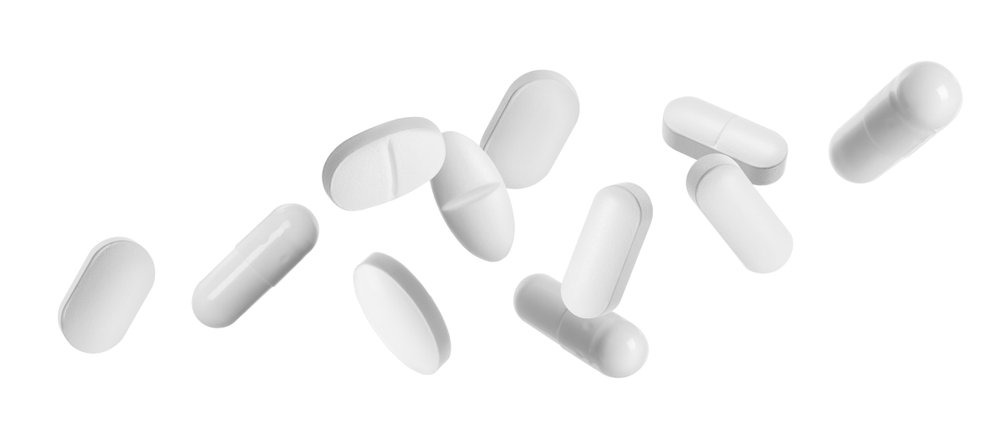Where do we begin?
Modern Homo Sapiens (otherwise known as us) started to appear around 190,000 years ago, we would recognise them as being very similar physically to you and I. Since then we have evolved in many ways, we are a bit shorter on average and our brains have shrunk but otherwise our biology and the way that we function as a species is largely unchanged.
The biggest changes for our species have come from our overall evolution. There are more of us than ever before, we have changed our environment considerably and our lifestyles are almost unrecognisable compared to those of our ancestors 10,000 years ago.
All of this change has had a significant impact of us as humans. A lot of this has been very positive and our grasp of technology, farming and medicine continues to accelerate to the point where our progress in the last 100 years can only be described as staggering.
The majority of this progress has improved our lives, but it has also brought about some unwelcome changes, and it is how these changes interact with our human biology that should concern us all.
Nutrition
Modern farming techniques have enabled us to feed ourselves more efficiently than ever before and famine and starvation are thankfully far less common now than as recently as 30 years ago.
The issue is that whilst the volume of food production has increased, the quality of our food has decreased significantly.
The drop in the quality of our food, the use of harmful chemicals such as pesticides, the genetic modification of our crops and the introduction of medicine into the animals we eat have all led to some unwelcome side effects.
We now have more preventable disease than ever before.
Lifestyle
Our ancestors were very active compared to the way that we live today. They had to work.
If they stopped moving, they didn’t eat, find water, evade predators or escape environmental changes.
Today we are much more sedentary, we have vehicles to move us around and we tend to sit a lot, and this is not a good thing.
We are not designed to be sedentary, we are designed to move and take on physical stress and interact with our physical environment.
Simply put, we have created a lifestyle environment that is not suited to us at all. In fact being sedentary is making us weak.
Medicine
Our evolution in medicine has been incredible and we are fortunate to have the ability to heal ourselves in ways our ancestors could only have dreamed of.
Sadly with progress we created another problem that of negative incentive. A good example of this is Type II Diabetes, this is a disease that is preventable. The root cause of Type II Diabetes is poor nutritional choices and lack of activity.
To put this in context, the number of people living with Diabetes in the UK is around 5 million (out of a population of 67 million) and of these cases over 90% are Type II.
In the US this number is 37 million and the numbers are accelerating.
And the negative incentive? Providing insulin to patients with Type II diabetes is very profitable.
Stress
Stress comes in many different forms, but some are worse than others.
We have drastically changed our environment leading to more toxins in our air, food and water than ever. This places a huge stress on our immune system, mental health and our physiology.
Our interactions with technology cause stress, anxiety, and chemical changes at an alarming rate. The outcomes of these interactions cause a broad range of mental health issues that we are only just starting to understand.
What do know is that these stresses are harmful and that if we do not find ways to manage them better, our overall health will continue to decline.
Evolution and modernisation have presented us with a new set of challenges many of which we are aware of, in fact we are so aware of our health issues that Google records more than 1 billion health related searches per day. So if we are aware, what is the problem? Well simply put, too much information.
From fad diets and get fit quick schemes to miracle cures and magic pills, everyone has something to say (or sell) and this gets to the heart of the problem, there are no magic solutions.
Long-term health optimisation (living better for longer) requires a certain amount of dedication, data and knowledge.
Yuuu takes everything we understand about the human body and combines this knowledge with advanced diagnostic testing, regular monitoring, world-class support and data analysis to create a personalised health optimisation programme just for you.
Our mission is use this knowledge and data to develop protocols that reduce instances of preventable disease and to enable our clients to live better for longer.






